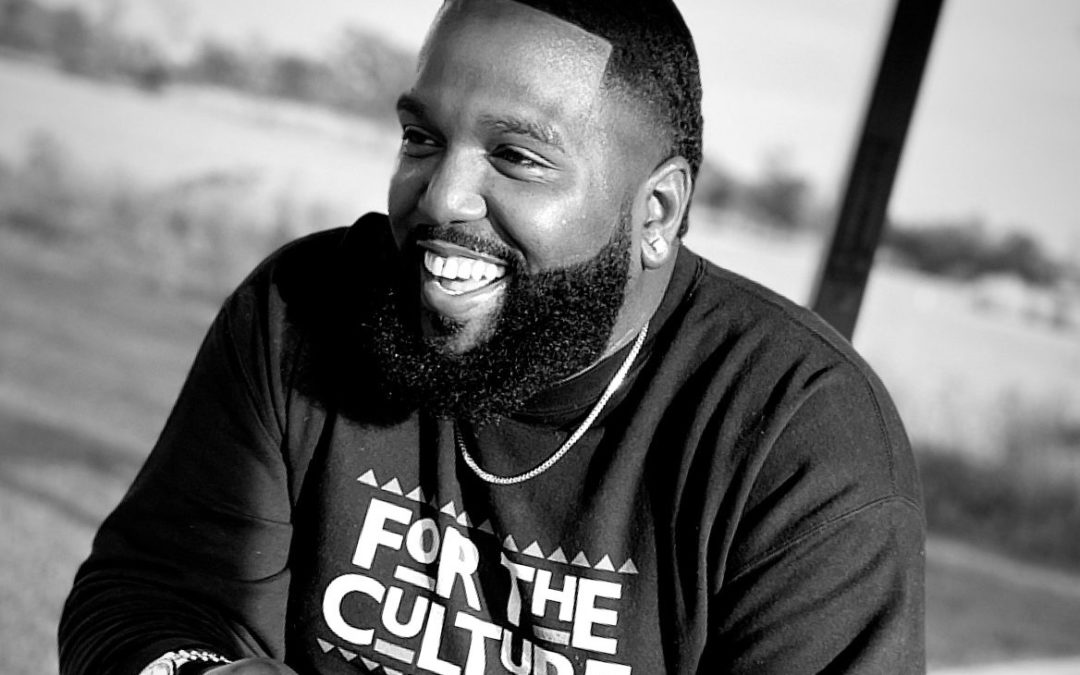There are many aspects of Black History Month that I hold close to my heart. However, a couple stand out, especially as I reflect on how often I am the only Black person in many of the professional spaces I occupy. First, I am profoundly moved by the purposeful, anti-performative efforts from our organizations and institutions to elevate Black voices, commemorate Black achievements, and pay homage to the towering Black figures—upon whose shoulders I stand—whose indomitable spirit has shaped both the physical and cultural landscape of our nation. No words can truly encapsulate the validation that this brings, and the profound impact it has on cultivating an ethos of safety, inclusion, and belonging that matters deeply to BIPOC professionals in predominantly White spaces.
Secondly, Black History Month always leads me to heavy reflection on the enduring legacy of resilience, determination, and the relentless pursuit of education against all odds within the Black community, which has shaped and continues to fuel my own passion for educational equity and anti-poverty work.
When I was 17, I started a summer internship with a program called Freedom Schools, which has a rich history rooted in the Mississippi Freedom Summer Project of 1964 and is a marquee initiative of the Children’s Defense Fund. Prior to officially starting summer sessions, all Freedom Schools staff attend a national training at the historic Alex Haley farm right outside of Knoxville, Tennessee. That particular year, we were fortunate to hear from the founder of the Children’s Defense Fund, Marian Wright Edelman.
In her closing charge to a spirited young crowd, Edelman fervently proclaimed, “As you go forth, understand this: education is for improving the lives of others and for leaving your community and world better than you found it.” Those words, while seemingly straightforward, were incredibly transformative for me. Like most Black people I know and share community with, I was raised with a cultural upbringing that celebrated the diverse sources from which African Americans draw inspiration and strength to navigate and thrive within a systematically racist American context. I recall learning that in nearly all these instances, my forebearers were motivated by something beyond themselves—a moral sense of commitment to collective uplift.
This is what made Edelman’s words so resonant with me even at that young age. For the first time, it wasn’t just something abstract from the culture that I read, watched, or heard about; it was tangible, and I could see myself reflected in it. Edelman helped me see that the true value of education lies in its ability to uplift others, especially marginalized, systemically excluded, and historically underrepresented groups. This realization fundamentally expanded the trajectory of my life.
On the surface, this “value of education” may seem obvious to most, but for me and my 11 siblings, it wasn't so straightforward. You see, neither of our parents completed high school, and their own parents didn't get beyond grade school. Conversations about the 'power' or 'value' of education, let alone postsecondary education, were largely absent from our household. In fact, about a month before attending that Freedom School training, I had resolved to drop out of high school and find work to help support our family (despite having excellent grades and a strong ACT score), as we were in our second year of homelessness

That moment of hearing from Marian Wright Edelman couldn't have arrived at a more critical juncture. It illuminated the possibilities beyond the socioeconomic challenges my family and I were facing. Of course, it’s no criticism of my parents that we didn't deeply delve into discussions about college; their own opportunities were frequently constrained by limited education. I'm just grateful that this pioneering advocate for children’s rights and the underprivileged—a Black woman—could stand in the margins, just as countless other trailblazers have done in the Black community all throughout our history.
And it made all the difference. Not only did I finish high school, but I also became one of the first in my family to pursue and complete college. A few years later, I became the first in our family to earn a PhD. I stand as a testament to the resilience and strength that define this incredible community. But I recognize that my journey is just one among many, and that countless individuals who look like me continue to face barriers to achieving their educational aspirations. This understanding fortifies my commitment to the mission of Believe in Students every day, which is aligned with the principles championed during Black History Month.
Our organization believes that education is not only a fundamental human right but also a powerful tool for breaking the cycle of poverty and injustice. We understand that financial barriers often prevent students, particularly those from marginalized communities, from accessing higher education. That's why our mission is to provide critical support and practical programming to college students, ensuring they have the resources to meet their basic needs and thrive academically.
Higher education does not exist in a vacuum. Many of the societal challenges plaguing American communities permeate college campuses, including the perpetuation of systemic oppression against minoritized groups. Relatedly, studies reveal the disproportionate impact of basic needs insecurity on historically marginalized students, such as students of color, emphasizing the urgency for transformative action.
As we chart the course for our programs and services and reflect on the ideals that undergird Black History Month as envisioned by Carter G. Woodson, one principle stands out: the indispensable imperative of sustained advocacy and action. At Believe in Students, we recognize and embrace this imperative, aligned in our commitment to amplifying support and collaboration with our campus partners. Together, we will not only address students’ immediate needs but also cultivate resilient coalitions of students and higher education professionals to drive substantive policy and practice changes on campus.
In doing so, we draw inspiration from the courage, resilience, and trailblazing spirit of those who have paved the way in Black history, remaining steadfast in our resolve to create a future that is just, equitable, and inclusive for all.
I do this for Marian. I do this #ForTheCulture. I do this for my mother and father. I do this for the bellwether of African Americans across U.S. history and society—from activists and civil rights pioneers – to leaders in science, public service, business, politics, the arts and so much more. I do this because I believe in students, regardless of their background or circumstances. I do this because I have a responsibility to leave my community and this world better than I found it.


